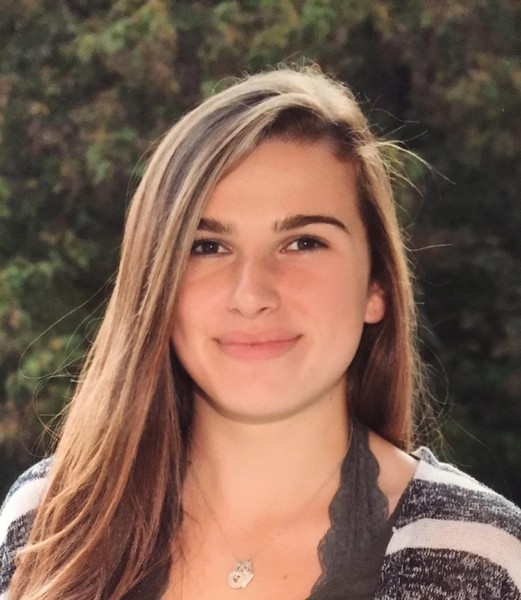
I focused my research on understanding governors’ reasons for closing and reopening states. I gained a strong understanding of the types of considerations they factored into their decision-making processes in choosing to close their states and eventually reopening them during the pandemic. I also examined whether the White House Coronavirus Task Force’s reopening guidelines were adhered to by states and whether adherence to those guidelines correlated with improved outcomes in states. In all honesty, I entered this research project feeling quite daunted: my prior research experience consisted of a handful of final papers that I worked on in the very structured classroom environment—a far cry from the project on which I was about to embark. Certainly, at first, I experienced a discomfort with the fact that I didn’t know exactly what I was doing for much of the project. Throughout this project, I was constantly being forced to adapt how I find new information, to figure out a more robust research design, and to entirely readjust my focus of the project based on my ability to collect data. Overtime, however, I found that this uncertainty helped me grow into a more confident and competent young woman. As the summer progressed, I noticed that the sense of uncertainty that I had felt so acutely in May had quickly faded by July into a firm determination to solve the problems I faced and a steadfast belief that I would do so if I simply worked hard enough. In short, this experience has helped me develop my capacity to work through the unknown—a skill I am certain will serve me for many years in the future. I gained several very tangible professional skills through working on this research project. First and foremost, I learned how to conduct background policy research and how to analyze vast quantities of information from different sources. I also developed my planning and scheduling abilities, as I had to create and hold myself to my own research timeline. Further, I improved my data collection ability by searching through a myriad of sources until I uncovered the information I needed.
While clearly this summer was no comparison to a complete experience at The Campaign School, I learned a tremendous amount from the TCS sessions we watched, as well as our bi-weekly group sessions with Patti Russo. I gained a lot of valuable insight about how to most effectively present myself virtually, which I know will also be incredibly useful knowledge when things transition back to being in person. It was wonderful to meet with Patti every two weeks; she’s an incredible mentor and teacher. I also enjoyed getting to know this cohort of incredibly talented and impressive women. The gap in confidence between men and women in applying to positions for which they feel they are not fully qualified has been thoroughly studied and well documented: women are less likely to apply for positions for which they feel they do not meet all the requirements than men—a problem which often results in fewer women holding positions of power. This research project taught me about some of my own insecurities in grappling tasks with which I’m unfamiliar, and, more importantly, it taught me that I should seek challenging positions and opportunities even if I may not have prior experience dealing with those challenges. In helping me learn these traits about myself, the project has also made me feel a responsibility to ensure that women feel confident in their abilities and empowered to apply for positions within the public sphere. It is so incredibly important that women hold positions of power in our government, and I plan to encourage my friends, future colleagues, and other strong and capable women I may encounter to believe in themselves, so that I can do my part to ensure that women’s interests are equally represented.
Montana Love, Political Science, Religious Studies, GH ‘22
